Once a week, my husband and I have the same argument about AI. His position is the popular one: we’re all doomed. There’s nothing humans can do that AI won’t do better. Might as well prostrate ourselves at their articulated feet. Oh, and writers will be the first to be made redundant. Obviously, this is untrue — at least where the written word is concerned. Yes, the bots can write best man’s speeches and thank-you letters, but have you ever read those speeches and letters? This week, a great piece of supporting evidence landed in my lap. After having a surprisingly good set of passport photos taken at a printing shop, a friend had posted a glowing review of his photographer on the company’s web page. Within minutes, the following reply appeared online. “Orphee makes sure that the iconicity of the Egyptian motifs visually and conceptually activates the essentially transitional quality,” it began. “It should be added that her homage to the optical suggestions of the spatial relationships endangers the devious simplicity of her remarkable handling of light. And all for $25.” No, I’m not overly worried about AI, Piers. In fact, it promises to be an absolute treat.
Last week, I went to my first second wedding. I don’t remember enjoying the first round of weddings in my twenties and thirties much. Everyone had such impossibly high expectations, not just of the day but of love, marriage, life. The brides were hungry and tense; the grooms terrified of this rictus-grinning stranger with her crispy up-do and Lily Savage makeup. No one’s got the time or the energy to become Bridezilla in their forties. She’s wearing Reformation, he’s still shining his shoes in the cab. “No gifts are needed” — not when you were so generous the first time around. And because at this point you’ve learned that life is messy, the speeches are actually funny. Yes, second weddings are a revelation. I want one.
I’m a couple of glasses into the wedding breakfast when I notice that two of the women at my table are wearing yellow disks on their upper arms and comparing data on their phones. Why make the Zoe CGM — continuous glucose monitor — in a shade visible from space? Because then you’re instantly identifiable by other members of the fitness Stasi. People like me and my neighbor, who pulls out a device from his pocket that looks like a giant vape. Once he’s explained how Lumen’s portable tracker promises to “hack your metabolism” we get stuck into the important stuff, like: “How fast did your blood sugar levels surge after that first prosecco?” Suddenly we’re all volunteering insanely bland pieces of information about our bodily responses to outside stimuli. Maybe our great-grandparents had the right idea. They never had the first clue about their inner workings: that slight intolerance to flax and those elevated magnesium levels. They just lived — and died.
I never let my husband read my novels until they’re at proof stage. That means there’s always a weird weekend when poor Piers sits on the sofa thumbing through the pages with the occasional dry swallow. “Is this stuff actually what goes through your head?” he balked, having reached a particularly gruesome murder scene in my forthcoming thriller. Incidentally, the best thing about people you know reading your books is that they never recognize themselves. It’s extraordinary how un-self-aware most of us are. The worst? How often people misrecognize themselves, pointing out the witty, charismatic seducer with a raised eyebrow: “Wait a second — is this me?”
This week, I set up a micro-study in our linen closet. I bought a fifty bucks thirty inches laptop table from Amazon, maneuvered it into the 5ft x 5ft space, stuck a lock on the door and — boom — wrote 2,000 words a day. I was inspired to move from my spacious, picturesque study into this Lenor-scented cell by Stephen King. I’ve just finished re-reading his brilliant On Writing, where he warns against working anywhere overly scenic or — the death knell of creativity — romantic. “If there’s a window, draw the curtains or pull down the shades unless it looks out at a blank wall.” There’s not much blank wall space to speak of in here, and a limit to how distracting towels can be. Pretty soon I might start to find the lack of distractions distracting, but right now, the linen dungeon’s working a treat. “Devious simplicity?” That passport photo bot may be on to something.
This article was originally published in The Spectator’s UK magazine. Subscribe to the World edition here.



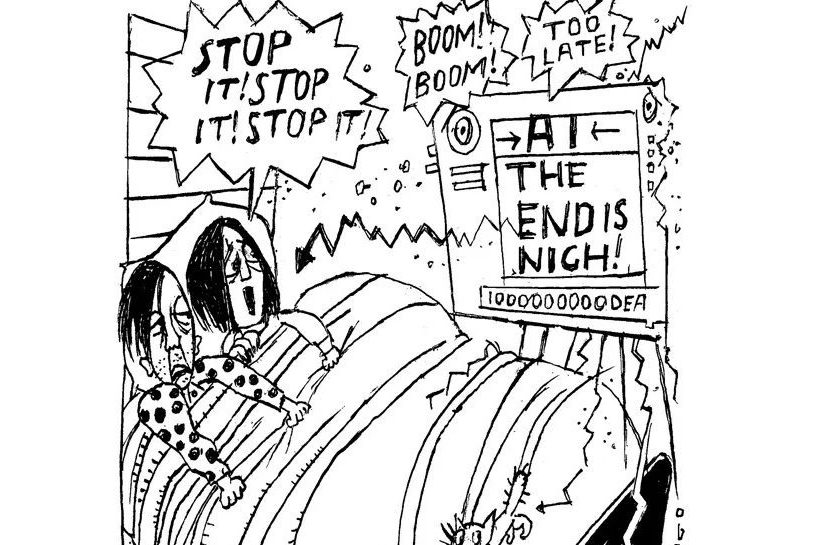







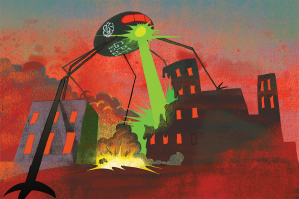

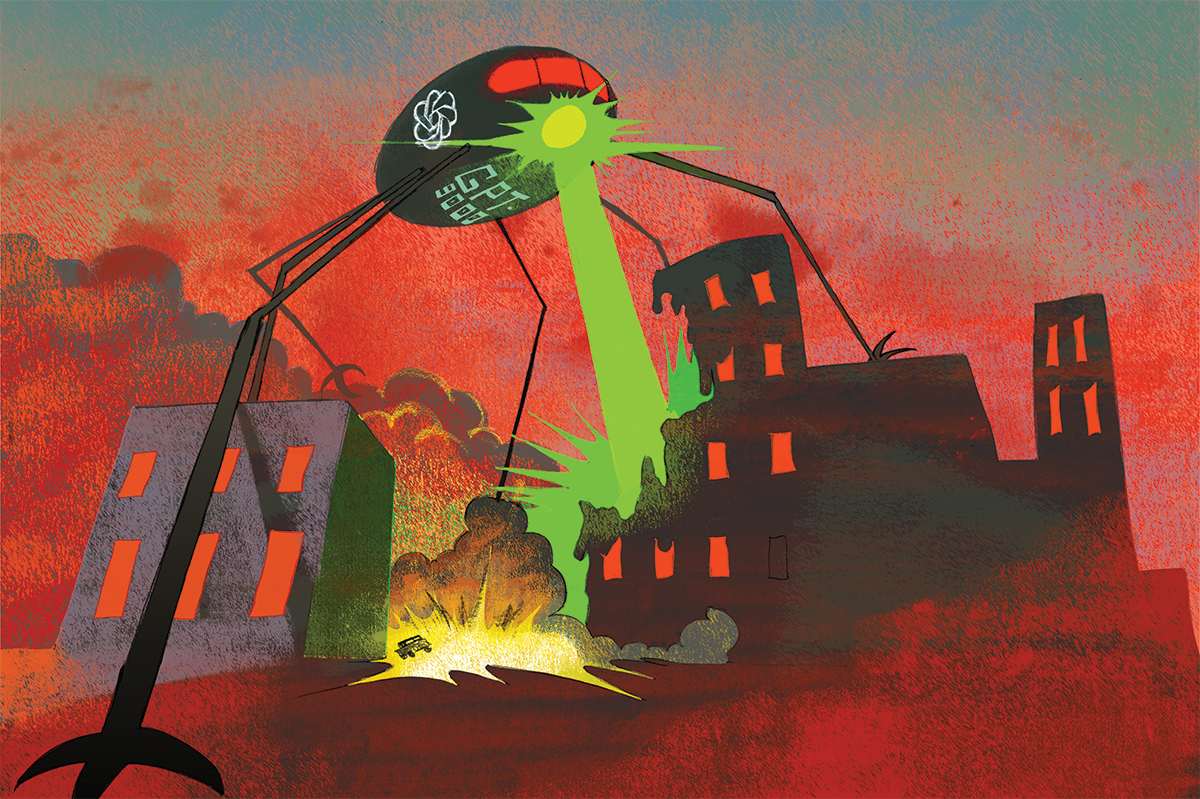


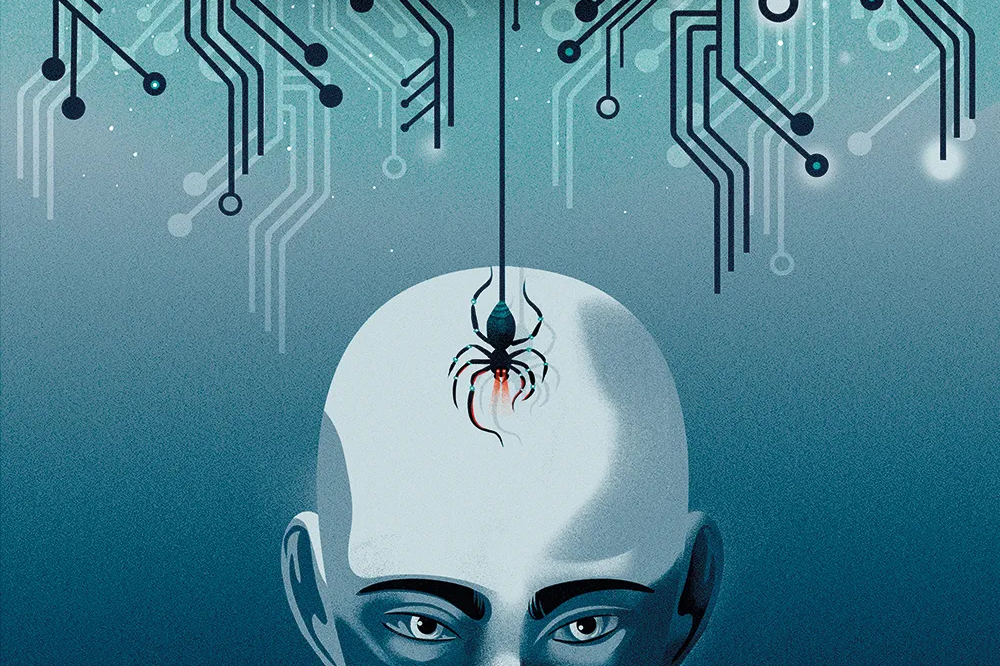
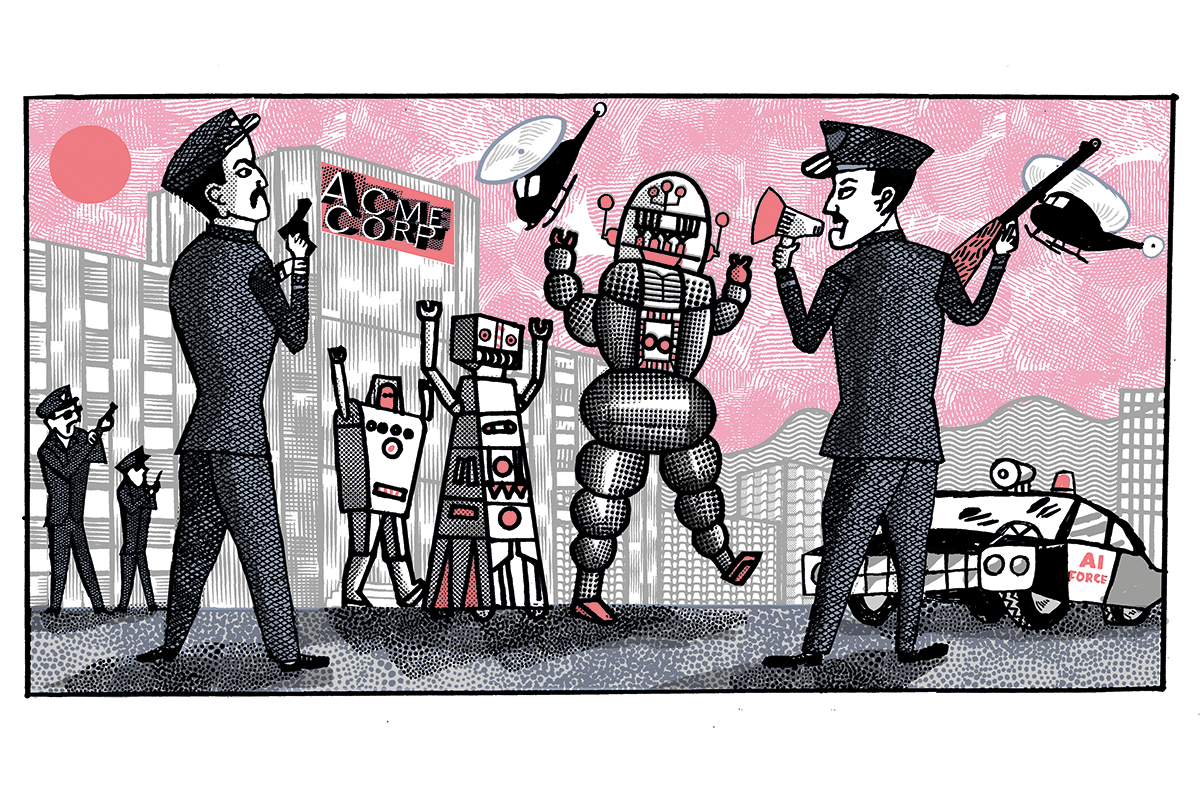








Leave a Reply